Conference Overview
The STEM MAU Conference is the pinnacle of our season — a dynamic simulation that brings all the training, practice, and determination of our members together in one strong event. As a politically active team inspired by the African Union, our conference revolves around contemporary political, economic, and social matters in the African context. During the conference, the students act as formal delegates for African countries, formal debate, drafting resolutions, negotiating with blocs, and championing national interests — all within the realm of diplomacy and formal political dialogue.
It is not a mere show, but rather an actual demonstration of the skills developed throughout the course of a season. The sessions and committee work before the conference equip members with a repertoire of skills and competencies such as public speaking, policy analysis, research, negotiation, and strategic thinking. The conference provides a chance for practicing these skills as members get a first-hand feel of the dynamics of international decision-making, diplomacy, and leadership. Through this simulation, participants gain a greater understanding of African issues as they grow into articulate, confident individuals who can engage in meaningful discussions on current affairs.
Conference Topics
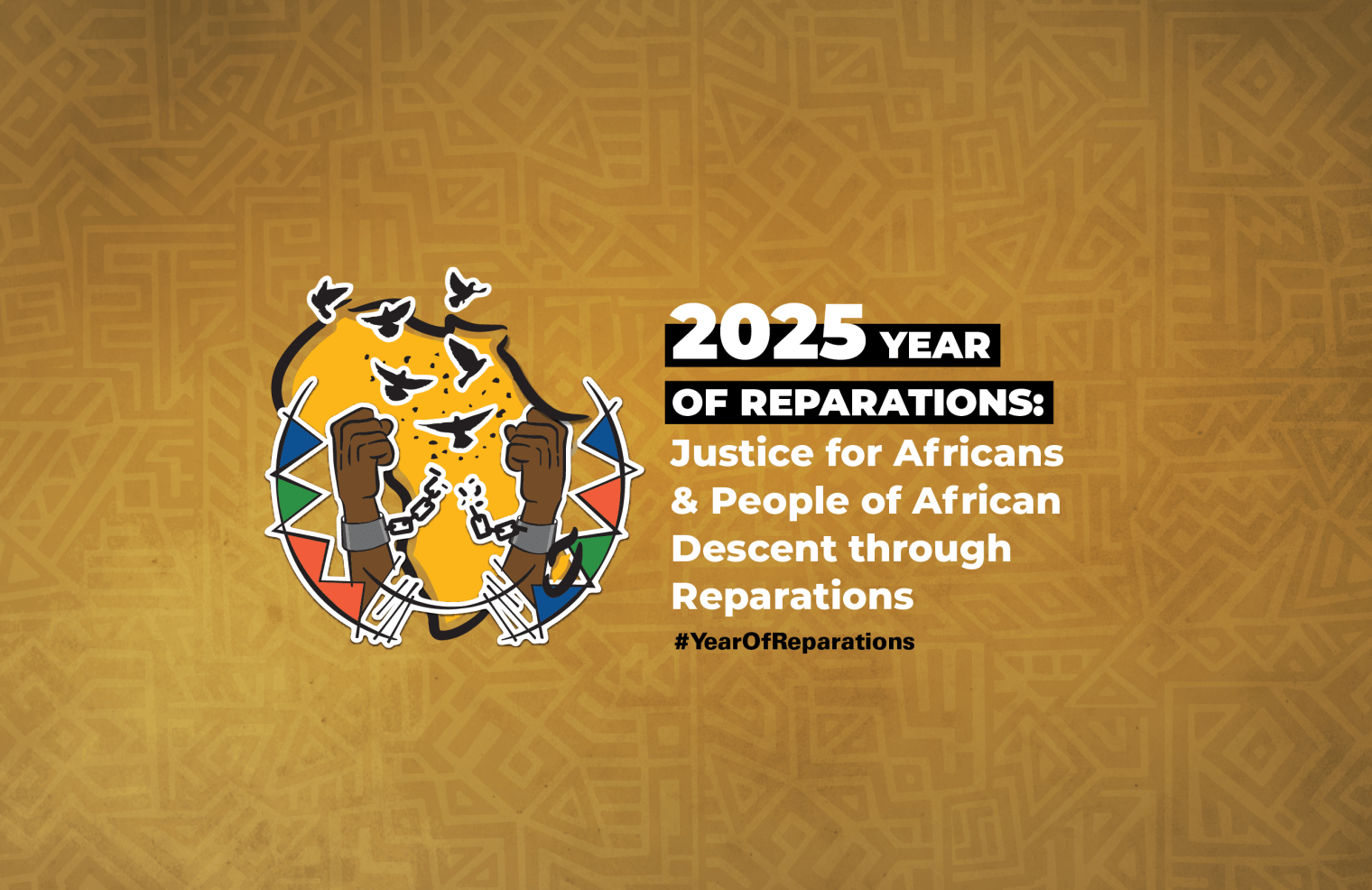
Justice for Africans and People of African Descent Through Reparations
The African Union (AU) has designated 2025 as the "Year of Justice for Africans and People of African Descent Through Reparations." This initiative underscores the AU's commitment to addressing historical injustices, including the trans-Atlantic slave trade, colonialism, apartheid, and genocide. It builds on decades of advocacy and collaboration, aiming to foster unity and establish mechanisms for reparatory justice on a global scale.

Egypt's External Transactions and Agreements
The forum homed in on Egypt's new international deals, including worldwide agreements, regional axis, and economic relations that shape its geopolitical position. The participants scrutinized the influence of these engagements on national sovereignty, economic stability, and Egypt's position in the African and Arab world. As a highlight of our conference, this subject opened the door to imperative discussion on foreign policy design, negotiation agenda, and the long-term influence of external alliances on national development.

Sudan's secession into the Republic of Sudan and South Sudan
This article explored the political, economic, and social consequences of Sudan's 2011 secession, which resulted in the formation of two independent nations: Sudan and South Sudan. The discussion focused on the root causes of the division, the challenges of state-building, and the ongoing conflicts that followed. It was a central point of focus in our conference, where delegates analyzed the implications of the secession on regional stability and proposed diplomatic approaches to address unresolved tensions.
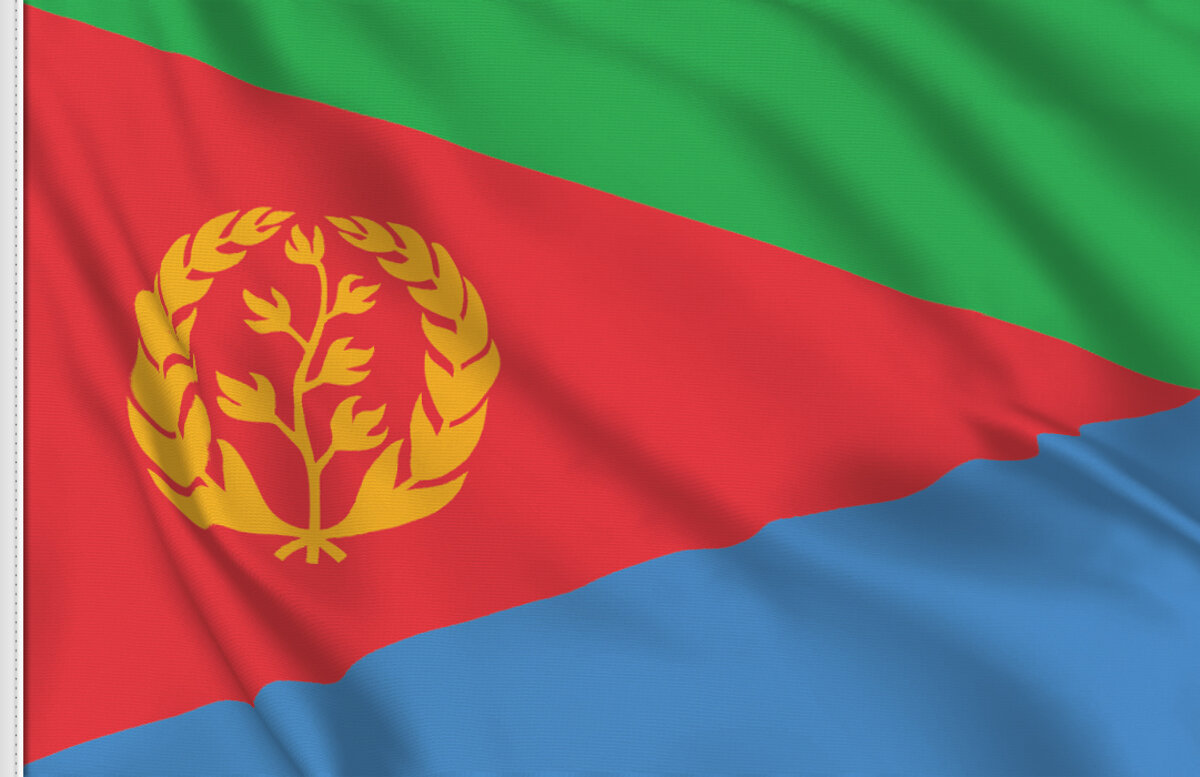
The deterioration of Eritrean politics
This paper examined Eritrea's decline of political freedoms and democratic government through themes like authoritarianism, suppression of civil liberties, and military conscription spanning decades. It provided an analytical summary of the internal issues that were prevailing over the Eritrean government and how they influenced regional affairs. Being one of our key themes throughout our conference, the article elicited serious debate among the delegates concerning the necessity of political reform, human rights, and foreign intervention to bring an end to the country's present political stagnation.
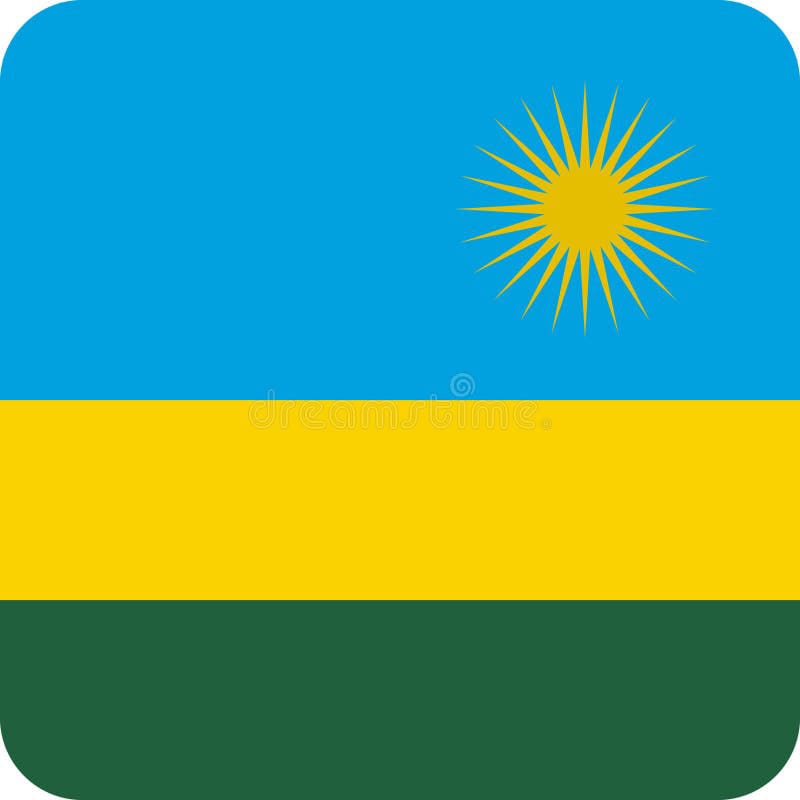
The weakness of the Rwandan security situation
The topic touched on the vulnerabilities affecting Rwanda's internal and regional security, including border tensions, political oppression, and long-term legacy of violence. Delegates questioned how these factors undermine stability, when Rwanda's image has been one of post-genocide reconstruction and development. As one of our key areas of consideration in our conference, this topic allowed for detailed consideration of how to deepen lasting peace while practicing transparency, political accommodation, and regional cooperation.
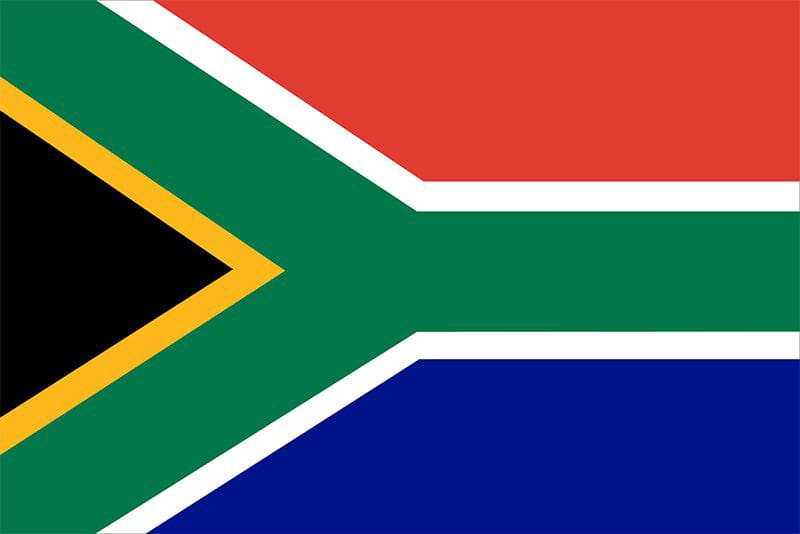
Lack of Security and Safety in South Africa
With a spotlight on increasing crime rates, inequality, and civic unrest, this issue brought attention to the entrenched problems which are threats to public safety in South Africa. The delegates debated the root causes economic disparity, ineffective law enforcement, political instabilityو and how they are affecting citizens and foreign perceptions of the country. One of the main themes of our conference, it prompted debate around reforming policy, community protection strategies, and how government can recapture security and trust across the nation.
Our Best Delegates
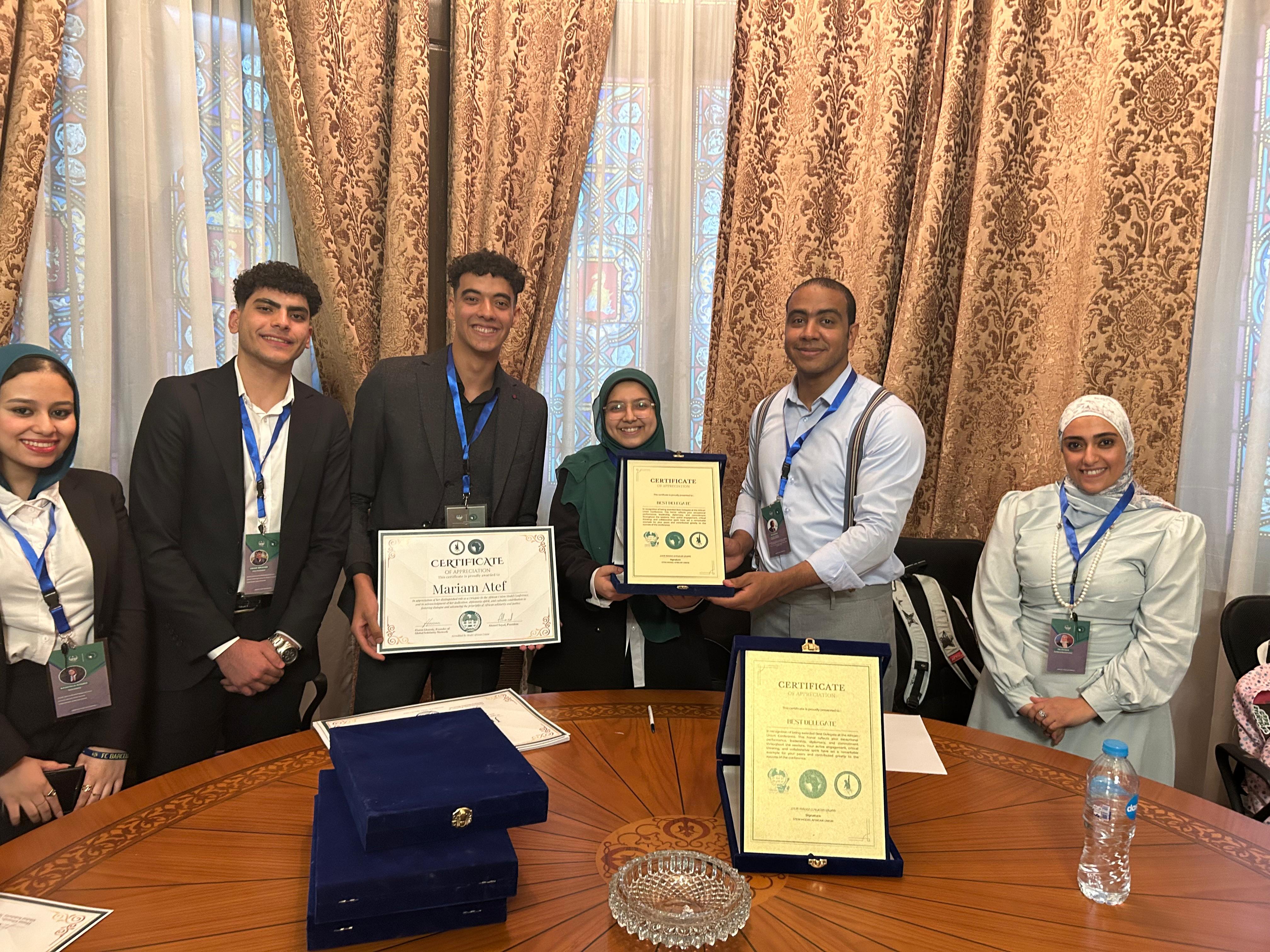
Mariam Atef
As the Delegate of the United Kingdom, Mariam Atef expertly guided discussions on trade and diplomatic cooperation, drawing on extensive research and a nuanced understanding of UK-AU relations. Her compelling arguments and collaborative spirit fostered consensus on key resolutions, demonstrating exceptional leadership and eloquence that elevated the committee's discourse.
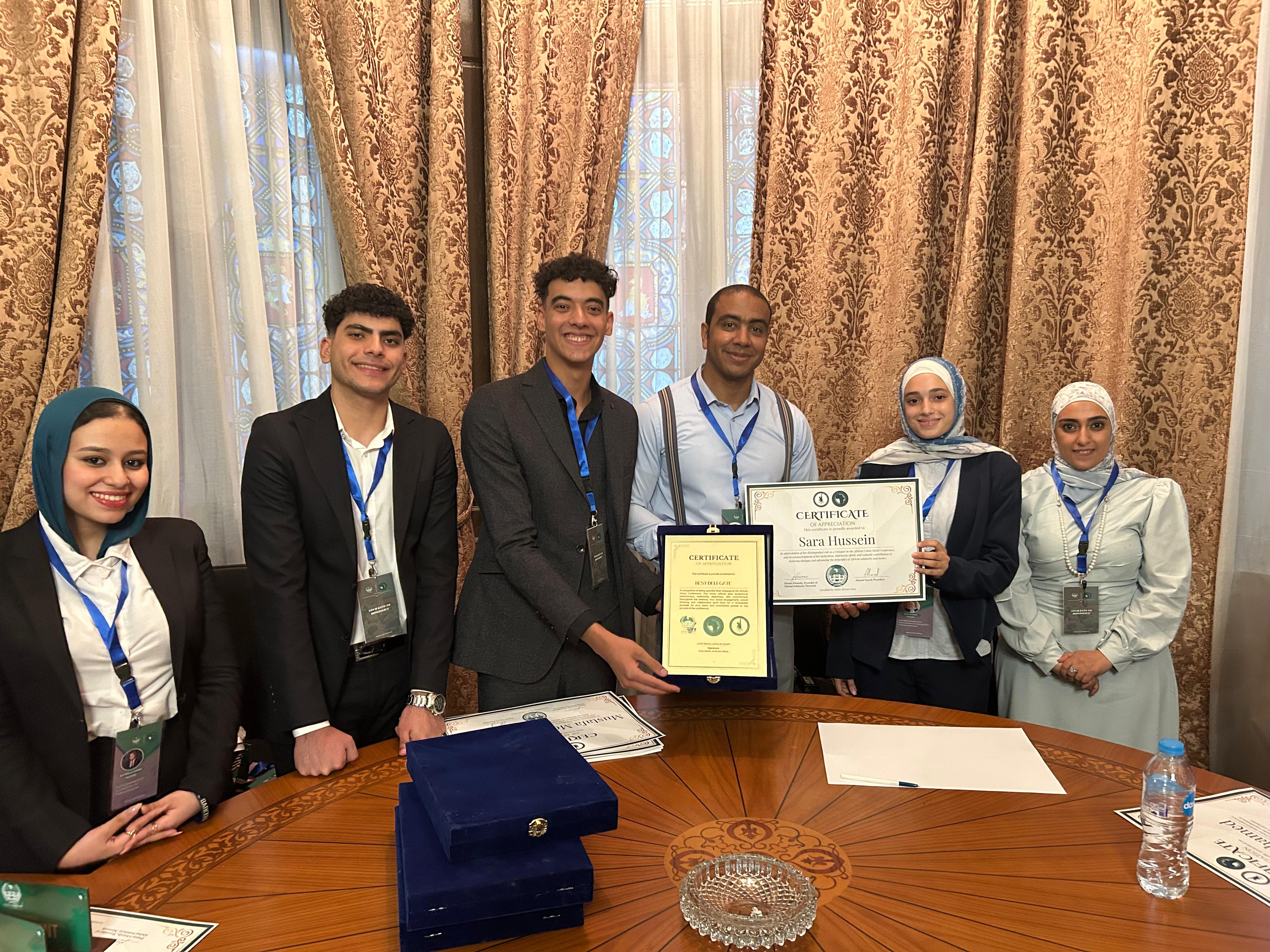
Sara Hussein
Representing Rwanda, Sara Hussein brought deep insight into reconciliation and sustainable development, highlighting Rwanda's progress in unity and technological advancement. Her persuasive articulation of policy proposals on regional security and educational empowerment inspired fellow delegates, reflecting her strategic thinking and empathetic diplomacy.
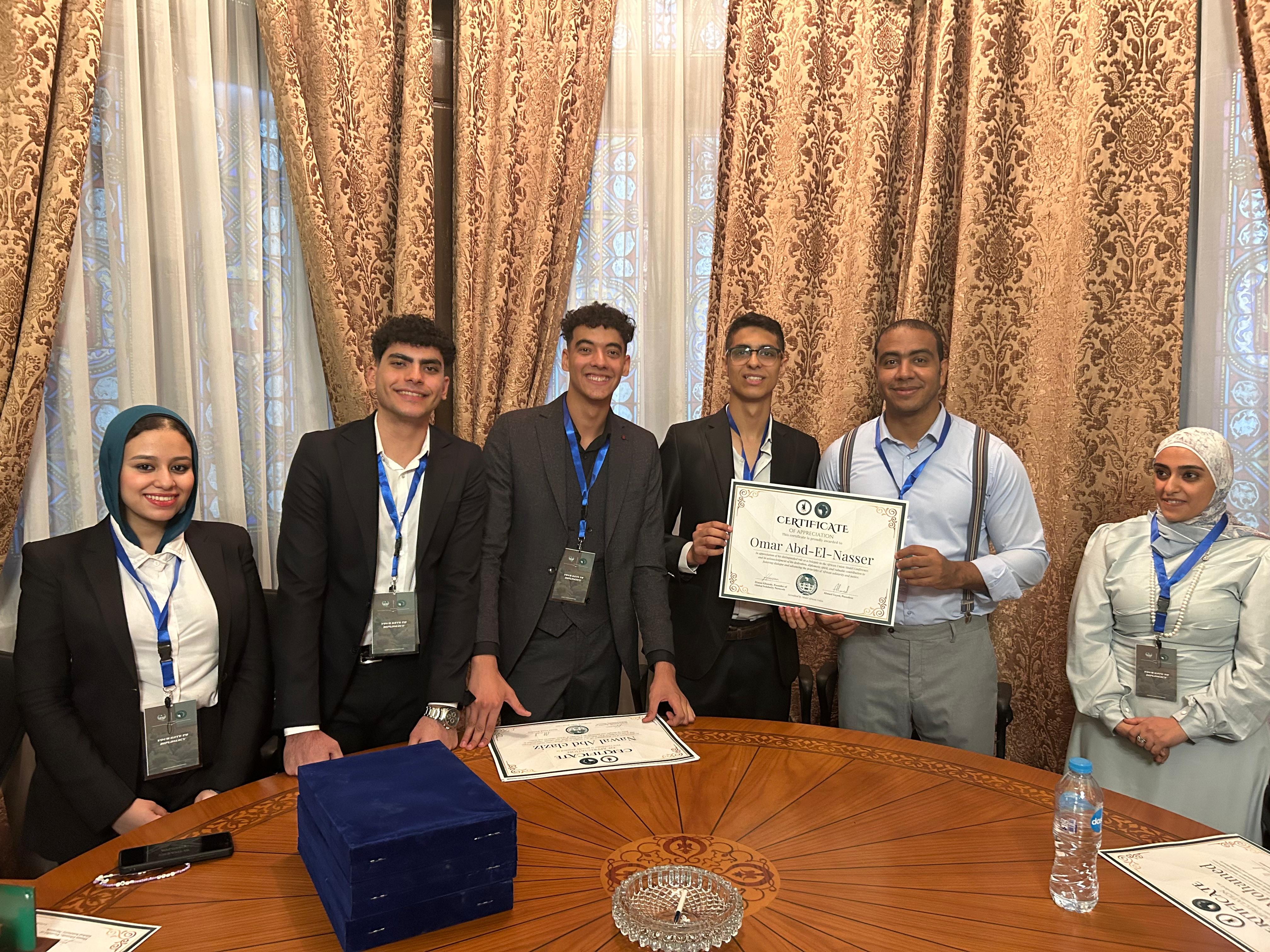
Omar Abd-El-Nasser
As the Delegate of Kenya, Omar Abd-El-Nasser championed initiatives on water resource management and regional integration within the East African Community. His dynamic presentations and skillful negotiation bridged diverse perspectives, resulting in a well-supported resolution on climate resilience and agricultural innovation.

Kareem Walid
In the 2024 season, Kareem Walid, as Academic Director, enhanced the team's research and critical thinking through new training methods. He helped members understand political dynamics and become confident delegates, driving the team's achievement with his dedication to academic performance and motivation.
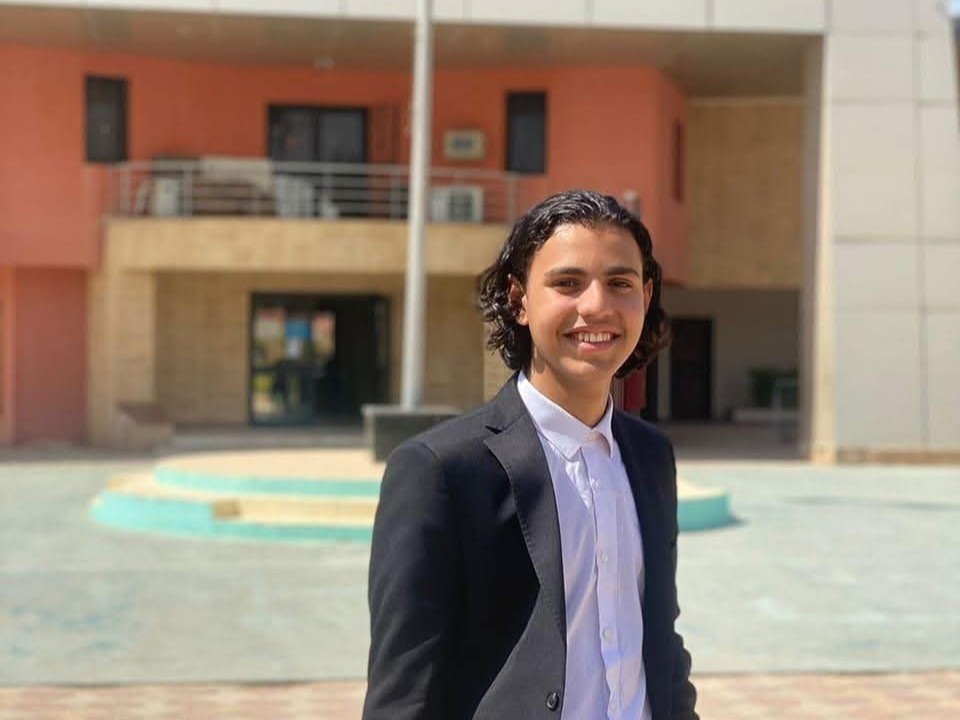
Mohamed Mashour
Mohamed Mashour served as the Academic Director of STEM MAU during the 2023 season, leading the academic structure. He oversaw the development of topic guides and training materials, providing strong support to committee heads and members. His leadership ensured a high academic standard and focus on meaningful political discussions.

Mohamed Mady
Mohamed Mady proved to be a dynamic and influential delegate, effectively contributing to key discussions and driving meaningful dialogue. His ability to articulate ideas and build consensus highlighted his growing political skills and leadership potential.

Suhilah
Suhilah exhibited outstanding influence and determination throughout the conference, skillfully addressing challenges and fostering unity among delegates. Her insightful contributions and strategic approach underscored her impressive growth in political expertise and leadership capabilities.

Hadeer Ezz
Hadeer Ezz showed incredible leadership and influence during the conference, contributing positively to debates and impacting effective outcomes. Her ability to connect with individuals and present new ideas highlighted her emerging political acumen and strategic thinking.
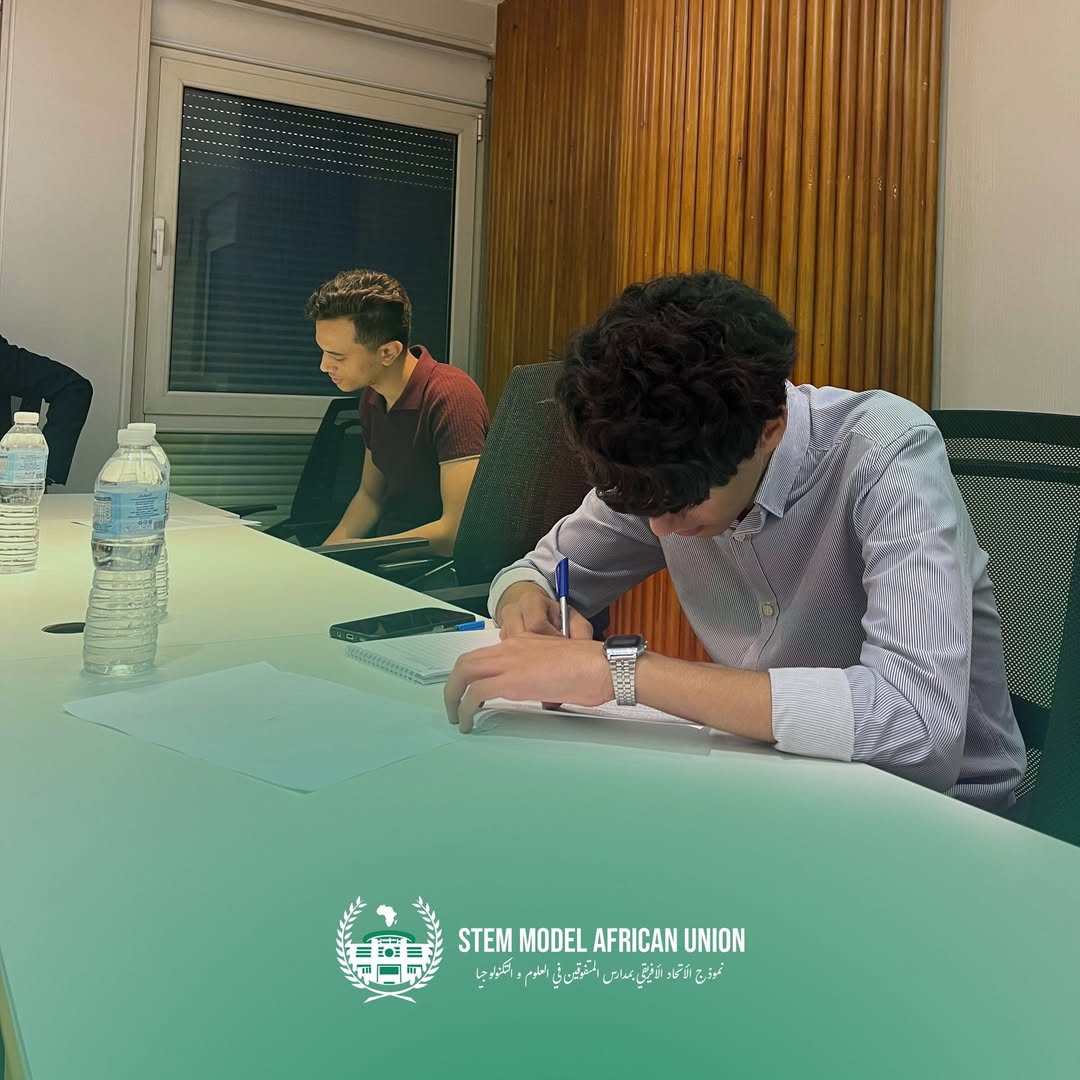
Youssef Ibrahim
Youssef Ibrahim demonstrated remarkable influence and poise during the conference, skillfully engaging in discussions and contributing valuable perspectives. His strategic thinking and collaborative approach underscored his growth in political expertise and leadership skills.
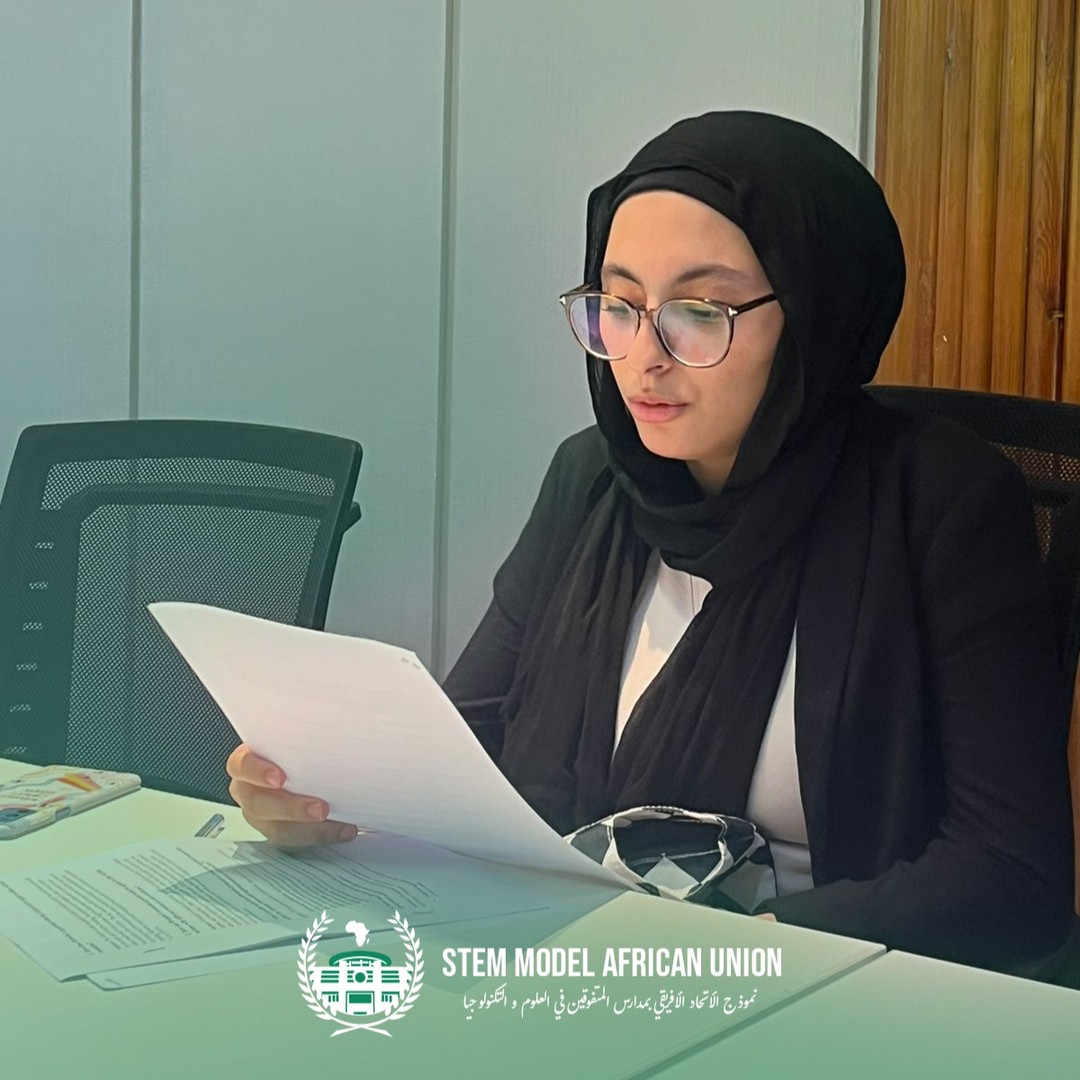
Mariam Ayman
Mariam Ayman stood out with her dynamic presence and wide perspective, leaving a lasting mark on the conference's discussions. Her innovative approach and ability to inspire cooperation among delegates showcased her evolving political intuition and leadership skills
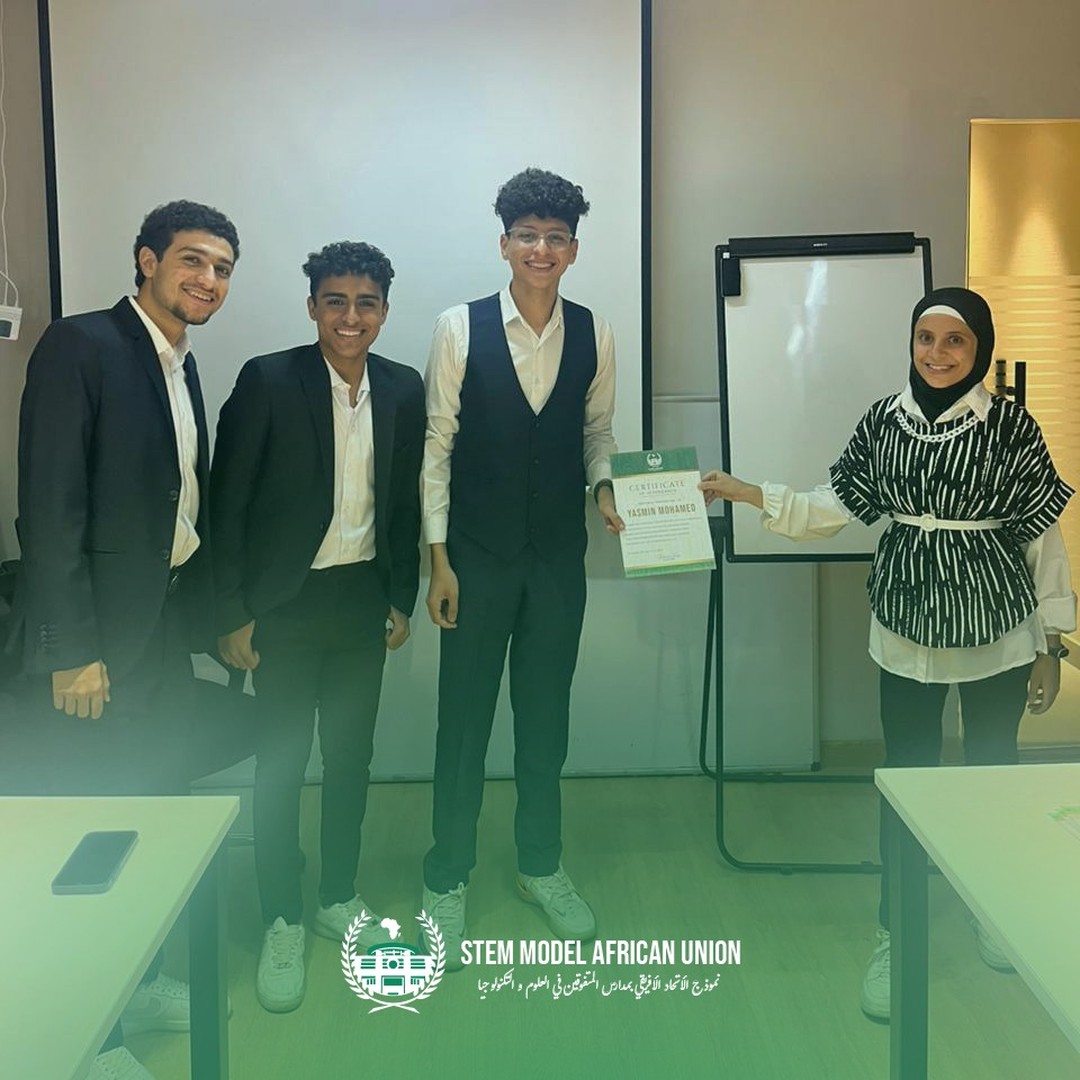
Yasmin Mohamed
Yasmin Mohamed made a notable impact during the conference, offering clear and thoughtful contributions that guided discussions forward. Her ability to engage constructively reflected her developing political skills and practical approach to leadership.
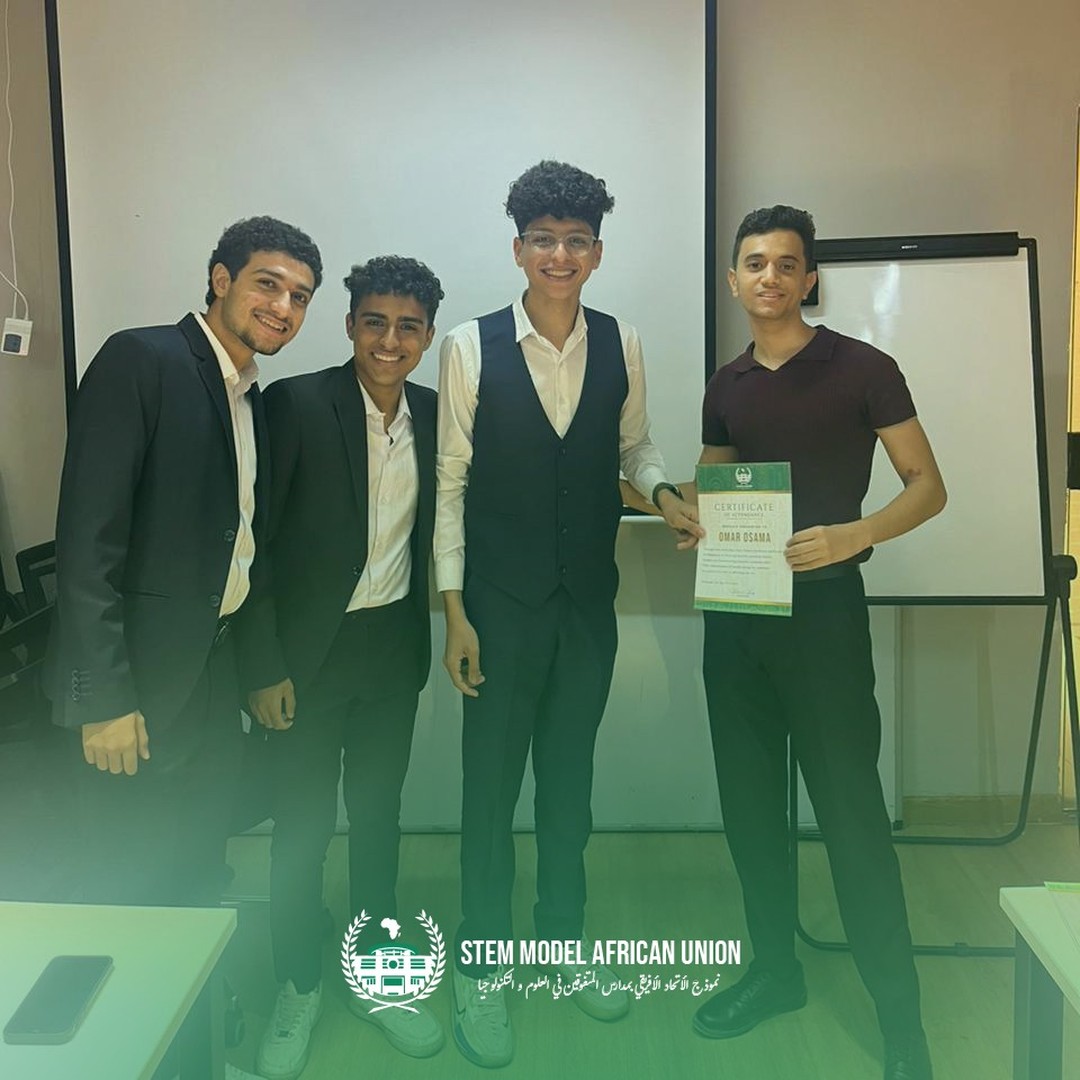
Omar Osama
Omar Osama played a key role in the conference, bringing practical ideas and a calm, confident presence. His straightforward approach helped move conversations along and showed his steady growth in political awareness.